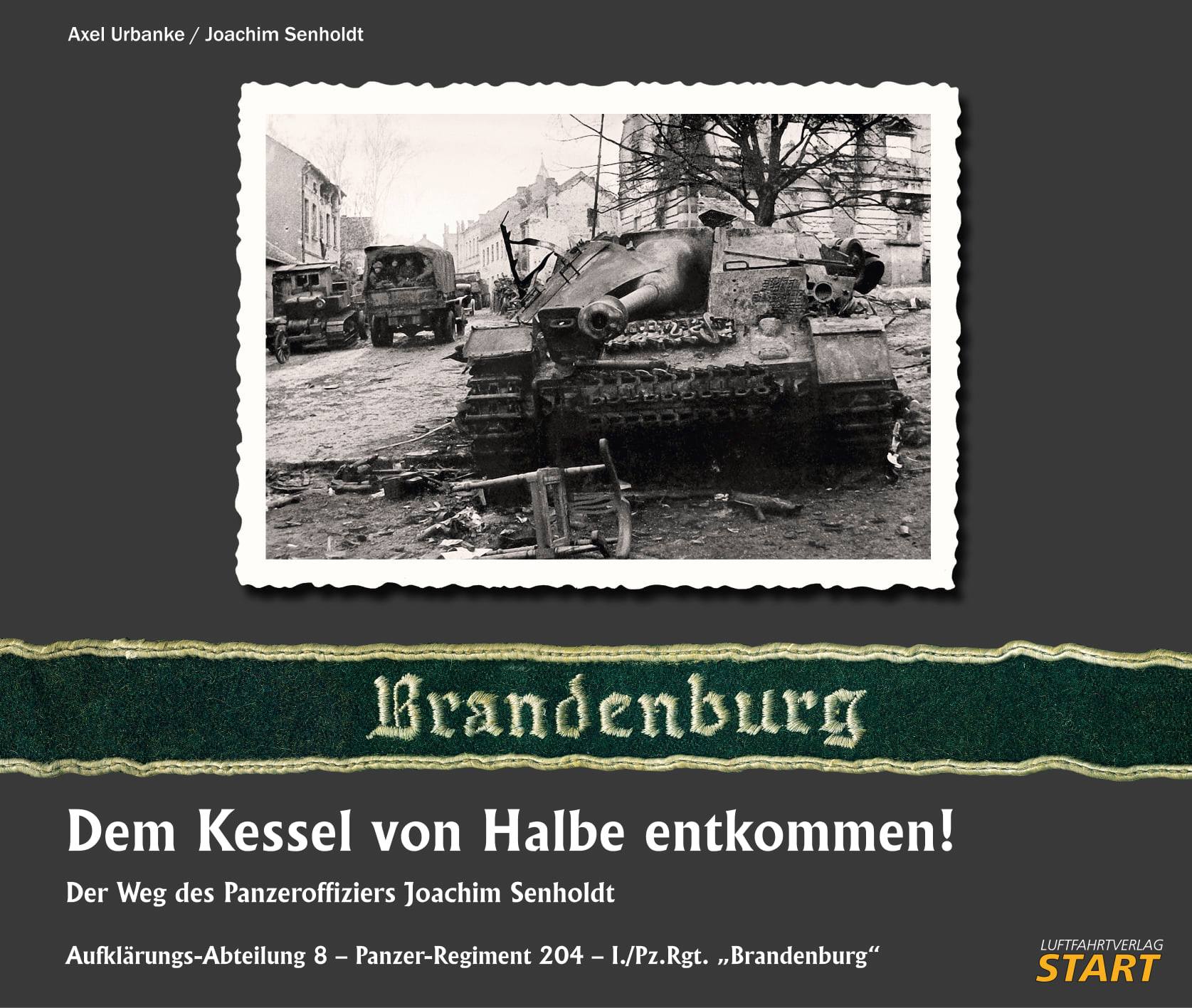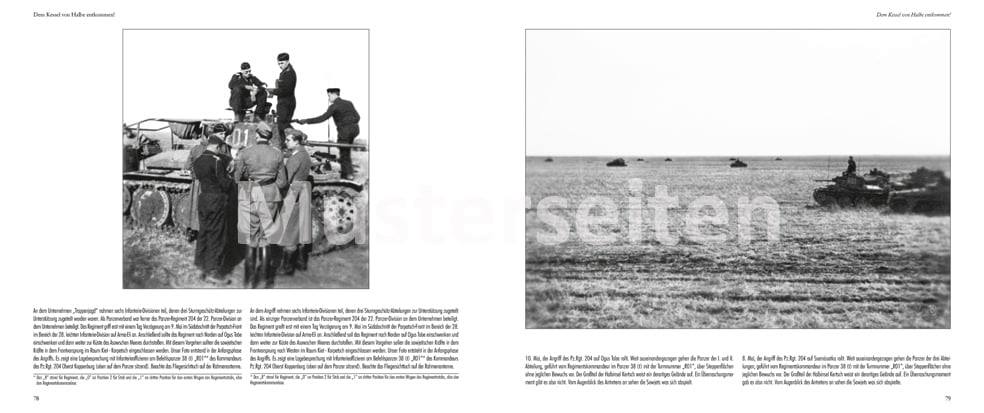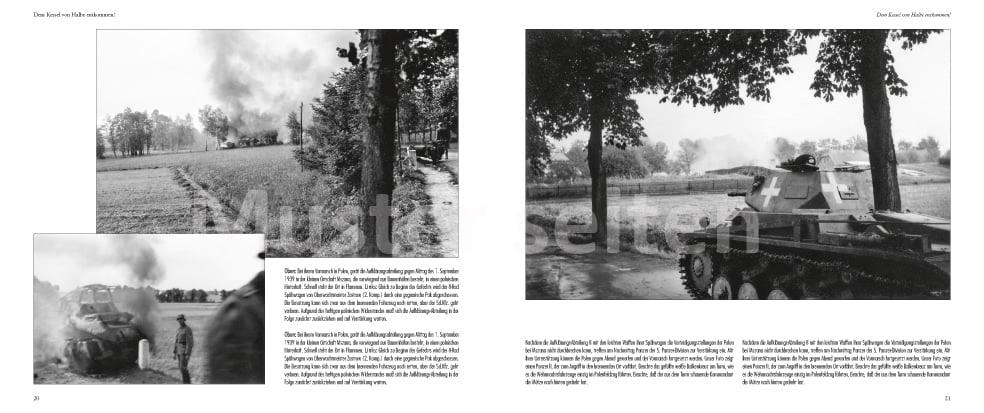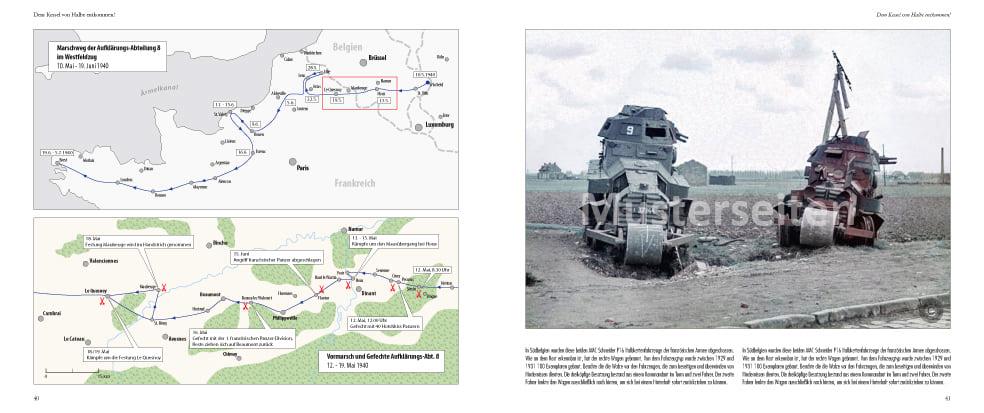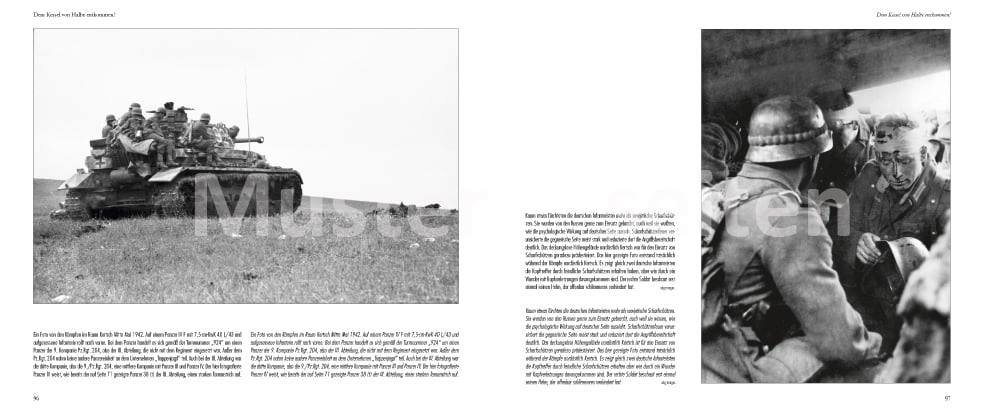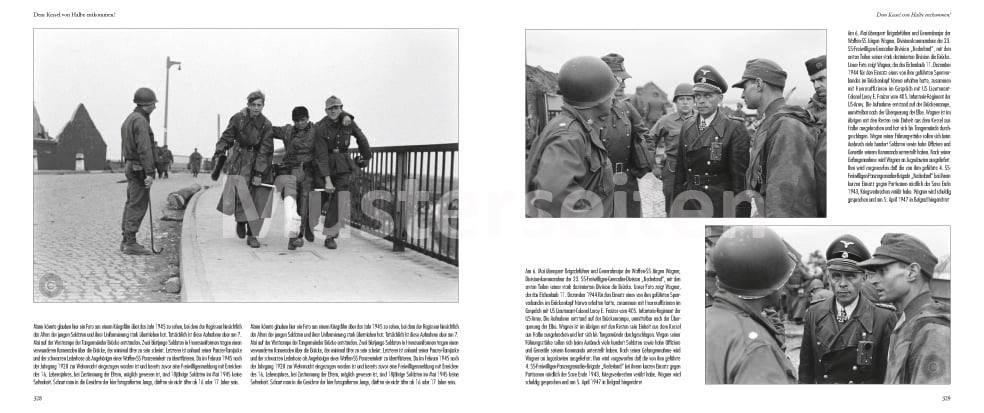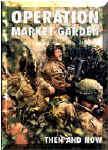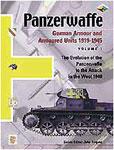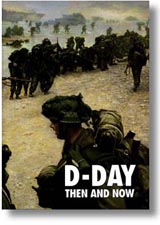Description
In these times of misinformation of all kinds, the number of intentionally altered or completely falsified contemporary historical reports, diaries and documentations is increasing drastically. Hardly recognizable to the layperson, this is how history is falsified. In the face of such “fake sources”, the search for historical treatises based on reliable and verifiable sources is becoming increasingly difficult. But of course there are still some serious publications.
In preparing this book, we carefully evaluated the extensive original sources left by the tank soldier Joachim Senholdt, who was a Gefreiter (private) at the beginning of the war and experienced the end of the Third Reich as an Oberleutnant (first lieutenant) in 1945. This authentic material was made available by his son and is rare on account of its completeness. Within the framework of the documentation, it is possible to follow events from the invasion of the Sudetenland at the end of 1938 to the end of the war in the Halbe Pocket in April 1945 and Senholdt’s subsequent escape to the west. It becomes unmistakably clear how the war became more and more brutal as it progressed, claiming more and more victims and becoming increasingly hopeless.
As a reader, you will follow Joachim Senholdt as he marches into the Sudetenland, takes part in the attack on Poland, rolls across the Belgian border in the Ardennes on 10 May 1940, and as a member of a panzer regiment fights the Soviets in the desolate, flat steppe landscape of the Kerch Peninsula. You will experience the German summer offensive in the southern sector of the Eastern Front in 1942, the Soviet breakthrough in December 1942 which led to the encirclement of Stalingrad, and the destruction of Senholdt’s division in the winter of 1942-43.
In the end, Senholdt commanded the assault gun company of I./Panzer-Regiment “Brandenburg“ on the Oder Front and in the Halbe Pocket in April 1945. The story of his weeks-long escape from the pocket to the west, constantly fleeing the Soviets, his life in danger, form the last part of the book.

